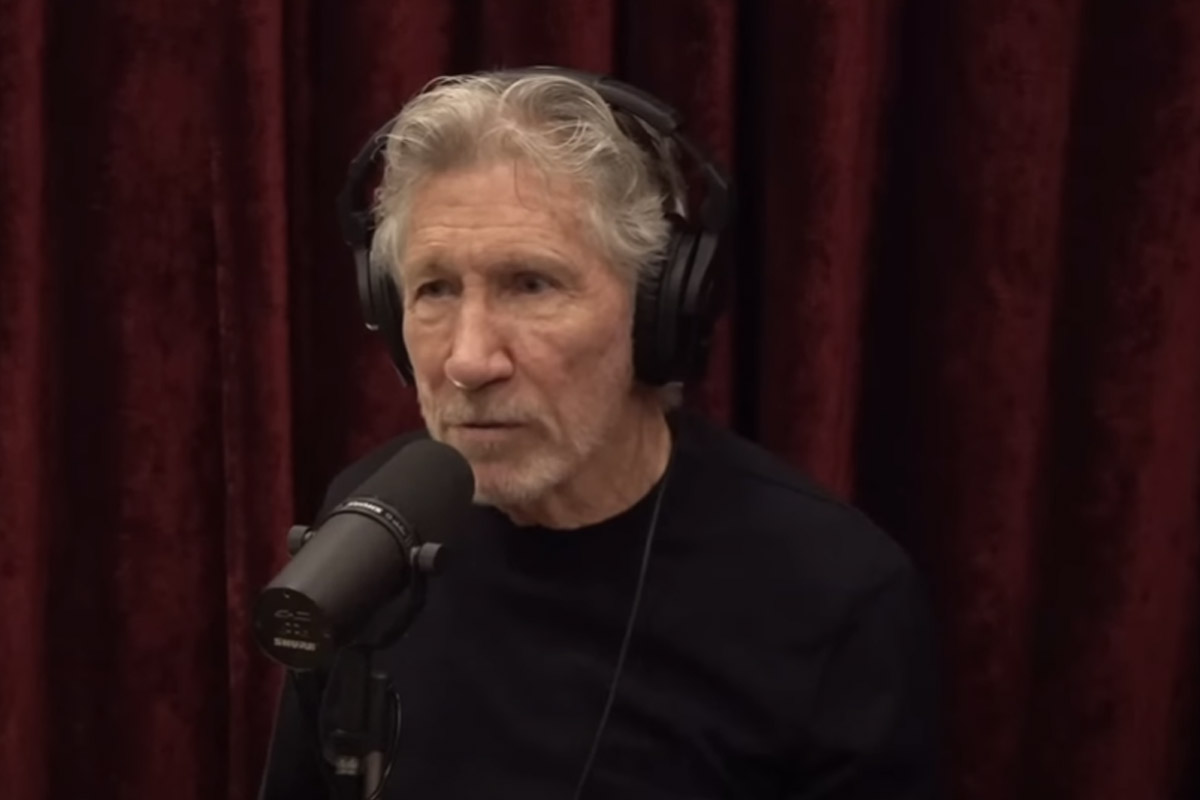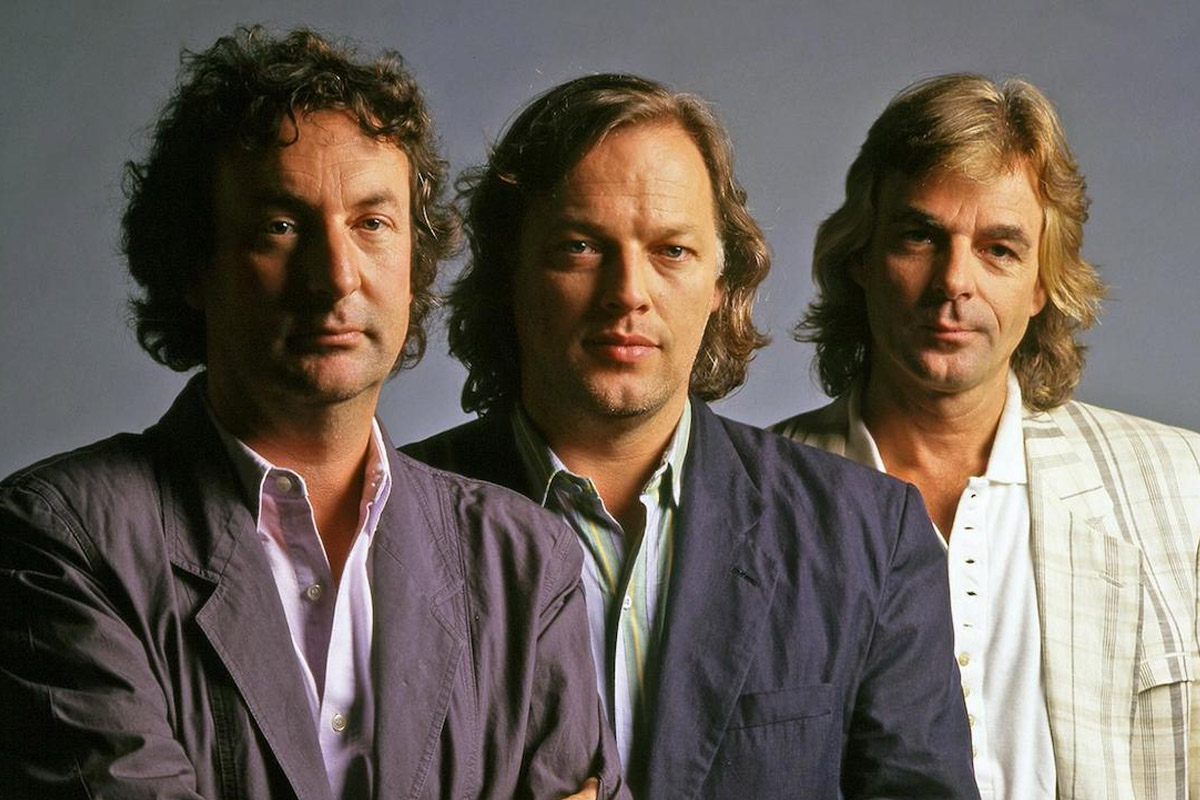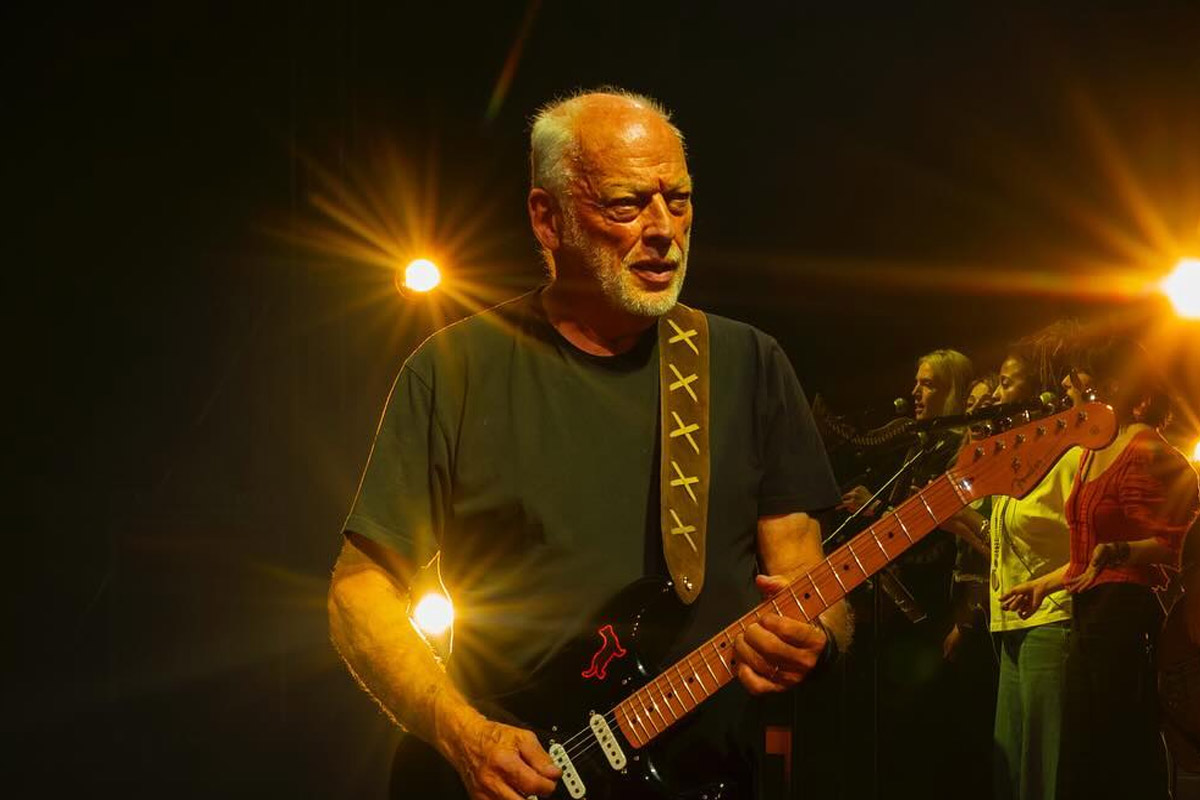Paul Rappaport shared insights about the band’s internal conflicts in a recent interview with Classic Album Review. His revelations focused on the aftermath of Roger Waters’ departure from Pink Floyd and the resulting tensions.
“I think at that time it was tough because Roger [Waters] did not think they [Pink Floyd] would continue without him,” Rappaport explained. “Because this was after ‘The Wall’ and after ‘The Final Cut,’ and Roger had become such a bigger part of the band.”
“He had just sort of taken over for ‘The Wall.’ So, he said he was going to leave. He thought he needed to go on his own,” Rappaport continued. “And then David and Nick wanted to remain as Pink Floyd. He didn’t think they would do that. So they said, ‘Well, can we have the name?’ and he said, ‘Sure.’ He was so used to being bigger than life, he didn’t think they would do that.”
The conflict escalated into legal disputes between Waters and his former bandmates. “They’re still feuding to this day which I think hysterical,” Rappaport said. “It’s like, ‘Guys nobody cares anymore.’ It’s like, ‘Stop, okay? We’re all older, stop.'”
Rappaport’s revelation offers a new perspective on one of rock music’s most notorious band disputes. The conflict’s impact resonated throughout both Pink Floyd and the music industry.
Legal Battle Over Band Name

American Songwriter documented Waters’ 1986 lawsuit against David Gilmour and Nick Mason. Waters sought to prevent them from using the Pink Floyd name. He claimed the band had become a ‘spent force creatively’ without his involvement.
The courts made an unexpected ruling against Waters. They determined the band name should be treated as a commercial property rather than a creative entity. This decision allowed Gilmour and Mason to continue as Pink Floyd.
Post-Waters Success

Far Out Magazine chronicled Pink Floyd’s continued success after Waters’ departure. The band released several commercially successful albums in subsequent years.
Pink Floyd demonstrated their resilience through post-Waters releases. ‘A Momentary Lapse of Reason’ (1987) and ‘The Division Bell’ (1994) proved the band could maintain their musical identity without their former bandmate.
Long-Term Impact

Rock and Roll Garage highlighted how the split between Waters and Pink Floyd became one of rock music’s most enduring feuds. The dispute influenced how future band ownership conflicts would be handled.
Rappaport’s recent interview emphasizes the conflict’s lasting impact. The situation demonstrates how creative differences and legal battles can permanently affect successful musical collaborations. It serves as a warning for other bands facing similar internal struggles.





